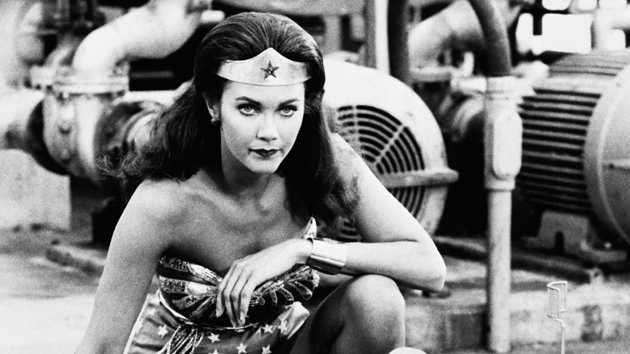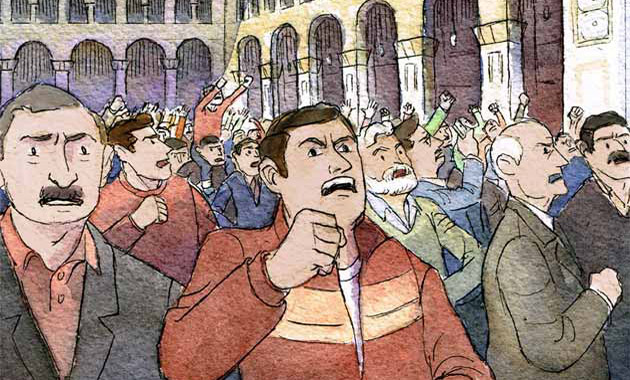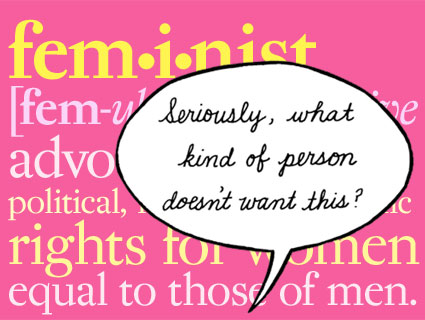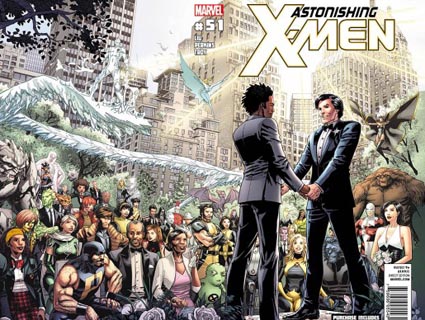
Lynda Carter is not amused.Anonymous/AP
David Finch, the artist who’s taking over DC Comics’ Wonder Woman, says he wants the feminist icon to be “strong”—but not “feminist.”
In an interview with Comic Book Resources News, David and his wife, newly appointed Wonder Woman writer Meredith Finch, talked about their plans to reimagine the character. But David missed a step when he was asked about what he’s excited to touch on in Wonder Woman’s character with the new book:
I think she’s a beautiful, strong character. Really, from where I come from, and we’ve talked about this a lot, we want to make sure it’s a book that treats her as a human being first and foremost, but is also respectful of the fact that she represents something more. We want her to be a strong—I don’t want to say feminist, but a strong character. Beautiful, but strong.
[…]
I’m pretty visual and I’m really interested in that. She’s got a great costume and she’s got a lot of history—I’m really very visually attracted to “Wonder Woman.” She just looks great on the page.
“That’s pretty funny,” Kristy Guevara-Flanagan, who created the film Wonder Women! The Untold Story of American Superheroines, said when I told her about Finch’s comments. “She’s an obvious feminist role model for many people for many reasons…It’s like getting rid of her kryptonite to say that about her.”
Feminist comics fans shouldn’t panic quite yet, though. As Wonder Woman‘s writer, Meredith Finch is likely to have more control over the plot of the series, and she demonstrated a deeper grasp of the character’s history than her husband:
She’s really a female icon from way back in the ’70s when females were stepping up and taking such powerful roles. Being able to take on that quintessential female superhero who represents so much for myself and for millions of people out there—especially at a time where comics are coming more into the mainstream—I feel like it’s really special, and that’s really where I’m coming from when I’m writing this. I want to always keep who she is and what I believe her core is central to what I’m doing.
Meredith Finch isn’t the first woman to write Wonder Woman. In 2007, Gail Simone became Wonder Woman‘s first female “ongoing writer,” stepping into a role previously only occupied by male writers and designers.
Update: On Monday evening, David Finch responded via Twitter to criticism he received for his comment after Mother Jones highlighted it.
I wasn’t saying Wonder Woman is not for being equal, and therefore a feminist. I just want her to be a human being, fallible and real.
— David Finch (@dfinchartist) July 1, 2014
I certainly apologize to anyone who can see how it could be interpreted that way, but it couldn’t be further from my heart.
— David Finch (@dfinchartist) July 1, 2014
Finch’s apology seems sincere, and he seems to understand that feminism is about equality. But his words suggest that being “human” and “real” means you can’t be a feminist. Wonder Woman would probably disagree.













